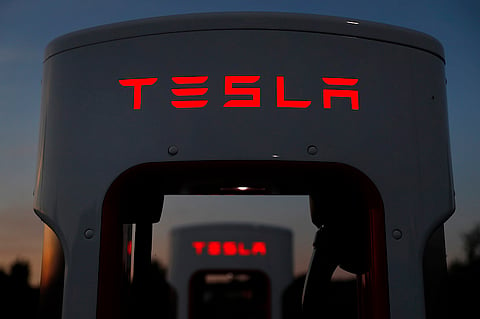Elon’s $420 a share bubble has burst: Why Tesla isn’t going private anytime soon
LONDON — It has emerged Elon Musk was shooting from the hip when tweeting about taking Tesla private with "funding secured". He now faces serious legal consequences. – Alec Hogg
This is The Rational Perspective. I'm Alec Hogg. In this episode: why Elon Musk's Tesla isn't going private any time soon. Earlier this week, Elon Musk's biggest fan in the investment world urged Tesla's founder to stop his ideas of taking the company private. Catherine Wood of ARK Invest reiterated her bullish earlier projections in an open letter on the Monied Managers website where she reckons the company's shares are actually worth anything from $700 to $4,000 and that you'd see that in five years time. Musk, you may recall, threw any number of cats among Wall Street's pigeons at the beginning of this month, tweeting that he intended taking the company private at a price of $420/share. After peaking fractionally below $380, the price has since fallen back to its current $320 below the pre-tweet level and a long way from the funding secured share price that he was talking about.
___STEADY_PAYWALL___

